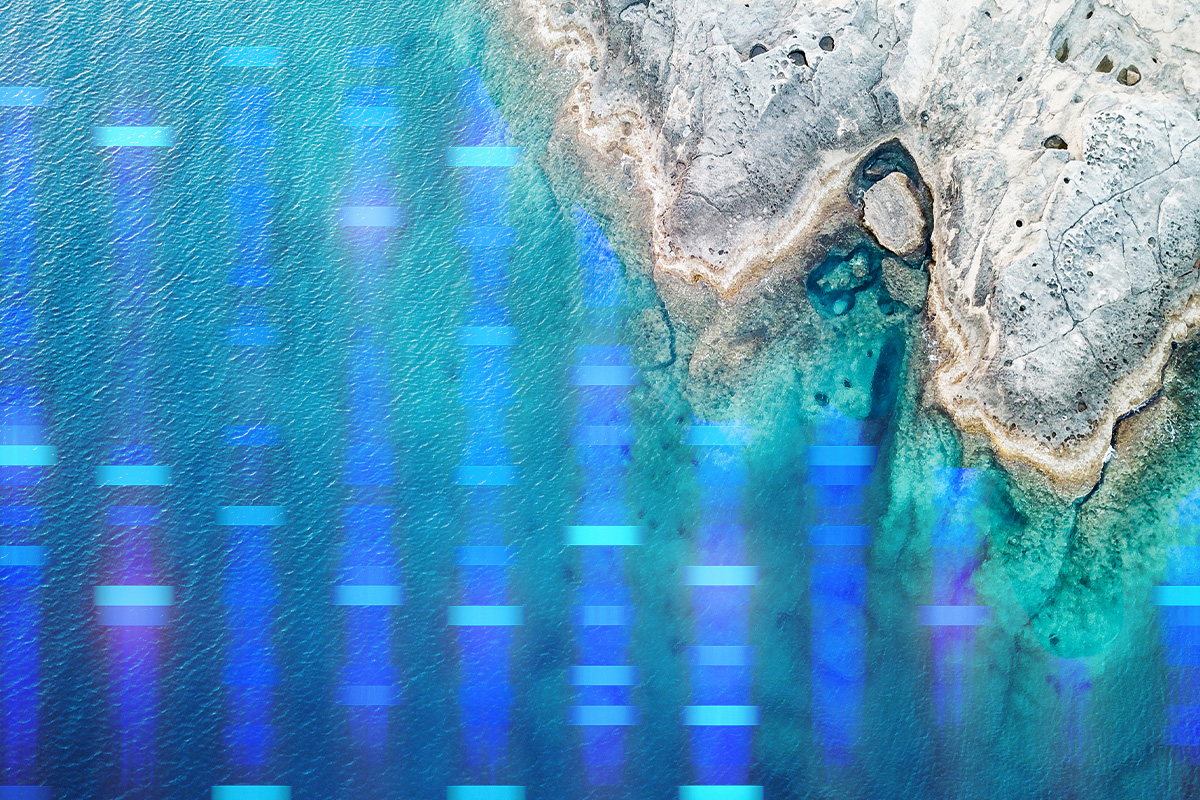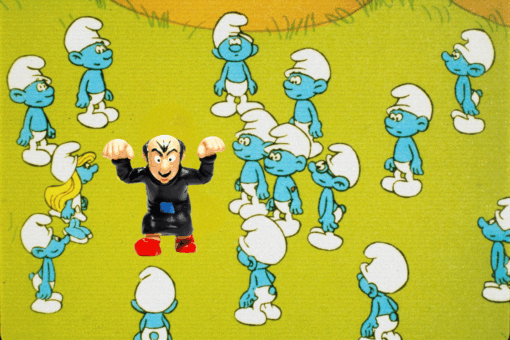I wake up with strange dreams while in Granada. Aches stretch across my body, my limbs heavy with a feeling of familiar confusion. I shake it off in the mornings by walking the old pebbled streets — until it hits me: The last time I was here, I thought I was from here.
Like many of the Sephardic Jewish diaspora, I assumed the food I ate and the brown skin of my family originated in Spain. But we’re dark, like really dark. We always shrugged our shoulders and figured the Moors had dropped some extra blood in my family to make us the color of the dry, rocky mountains that curve through Andalusia. I’m here now because the Spanish government has paid me to come speak at a conference — the same government that once killed, tortured and expelled my ancestors for being Jewish. Or so I thought.
My entire life people have stopped to ask me where I’m from. They guess Brazilian, Colombian, or Middle Eastern. Sicilian, Israeli, Lebanese. They can’t put their finger on it. They throw out guesses like they’re scratching an itch, throw out countries and ethnicities like a sneeze. I get asked about the color of my skin, how it doesn’t match my eyes or the shape of my nose. I get asked about my hair, dark with honeyed curls after I’ve been in the sun too long.
I grew up with my dad playing the Gipsy Kings and Buena Vista Social Club while he cooked. Arroz con pollo and dolmas, stuffed grape leaves, were for Shabbat dinner, and a tequila shot before benching was my Orthodox abuela’s trademark.
But a few years ago, a DNA test told us all of this was wrong. Well, except for the Gipsy Kings. That might’ve been foreshadowing.
Some distant cousins took a test and no blood from the Iberian Peninsula showed up. Not a drop. A little stick with some cells upended our entire family history — everything we thought we knew about ourselves, everything we carried across continents for generations. I’m still grieving it. I’m still processing.
I don’t know what I am.
Through the research of these cousins, it turns out that there’s a small island in Greece with our last name. It turns out we might be Ancient Greek Jews — or if not, then Romani Jews, belonging to a tiny sect of forgotten people, mostly all killed off for being Jewish. For being Roma. For being both.
I kind of forget all of this as I’m walking up and down the Andalusian hills, until I get to the caves where Spanish, Arab, Jewish and Gitano culture meet and flamenco was born. As I watch the dancers kick and howl, I realize I look a lot more like them than anyone else I’ve seen.
There’s a photo on my fridge I bought in Morocco a few years ago, a Berber girl covered in silver bells and thick necklaces. She’s not Romani, although she is nomadic. She looks just like me. Skin too dark for her features, hair curled in the way mine, and no one else’s, knows how — but then again, I look like anyone that comes from everywhere. Diasporic people come in all shapes and colors. We’re spread around the world and everyone’s picked up some blood from wherever they’ve been.
As far as my family goes, we know bits and pieces for certain, like my great-grandfather fleeing Turkey alone as a kid, landing in Cuba selling shoelaces in a language he never quite figured out. He built Havana’s first and only Sephardic temple, creating an entire community based on the practices his ancestors had passed down from those supposed days in Spain. When Cuba kicked him out for getting too rich in a land that wasn’t his, he did the same thing in Miami, bringing together all the exiles and making some semblance of a spice-filled home. He may have been passing along the traditions his ancestors adopted for survival, or maybe by accident, and that, maybe, were never really his.
The temples he built still exist, albeit different. The one in Havana is now a gym full of weights and yoga mats spread across where the bimah once stood, a small section in the hall cordoned off for a Holocaust exhibit. I see my last name on the plaque by the door, a picture hanging right next to it — six dark men with Turkish fez hats standing in front of a gilded, carpet covered caravan. The temple in Miami still functions as a working synagogue, although the older women refuse to teach the younger ones how to bake their famous bourekas.
“If they learn the recipe themselves, who’ll buy ours to support the temple?” We roll our eyes and laugh.
The only Romaniote temple in the Western Hemisphere is in New York City, and I’m going to visit it when I get home.
This specific community of Jews dates back to Greece over 2000 years ago — one of the oldest Jewish communities in existence, and the oldest in Europe. So maybe I’m just Ancient Greek, or maybe I’m Romani, or maybe I’m neither or both.
I google around, trying to find anything about this possible identity of mine, but all my searches lead to articles on Roman Jews or Jews in Rome or Jews and Roma in the Holocaust.
The only one I can find about Romani Jews is Sarah Hartman’s piece published in this publication. Her story is very different from mine, but at least it’s there. At least I know there’s others that are maybe like me, even if I’m still not totally sure what I am, walking down streets that my ancestors may have walked — as villagers, as a nomadic tribe, or maybe, never. I may never know.
But I’m writing this in case there’s more of us — lost in translation, in genetics, in culture, trying to find our way back home. Wherever that is.



